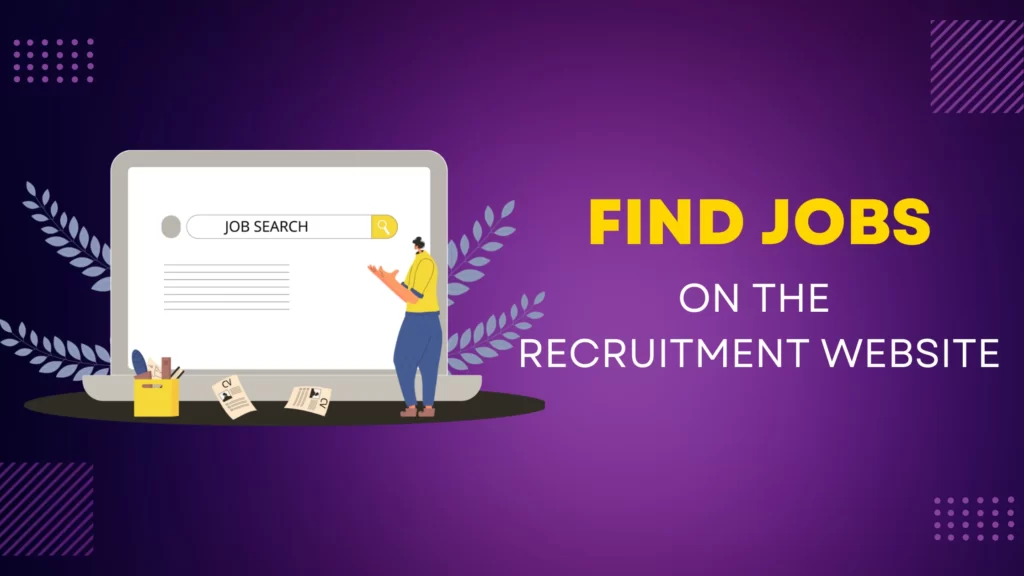In fact, employment development is based on each company stage. According to the classification of many gurus, there are many stages of business development such as seeding, startup, development, stability, expansion, recession, and dissolution.
In the field of human resources and recruitment, it can be temporarily divided into three notable stages: establishment, development, and stability.
The different stages of a company’s development will affect the number of hires, the nature, and the requirements of the hiring.
In general, understanding the development stage of the company gives us a relative shape about the recruitment work of businesses and the requirements and criteria set forth for the positions.
When in the founding stage, a new company has just been established, most of the business activities are still in the trial and error stage.
There will always be flexibility and adjustment to the first and most important goal of the business at this time, which is to survive and gradually occupy a part of the market.
Except for technology companies developing a completely new application, or pioneers in a certain field, most businesses will try to find people who already have a certain experience in the field. related to focusing gray matter on operations.
Construction-stage businesses are not very suitable for fresh graduates who want to find an environment to learn from experience or want to access standardized processes. Only young people who are really passionate about challenges and are confident, creative, especially optimistic, and dedicated can follow these new businesses.
The fact also shows that the number of newly registered enterprises is high and the number of enterprises that exist after three years of establishment is not too large a number.
If you want to apply to these businesses, ignore the goal of job stability because there is a high chance that you will be unemployed at some point. And most of the experience factors are also prioritized in businesses.
However, there is also another special type of “set-up” business. Those are FDI enterprises entering the local market for the first time.
The process and factors to operate are available due to a long business process in the host country, what they lack is information, knowledge about the labor market, factors related to the law, sourcing, and local market.
Because these businesses have a relatively good amount of knowledge and technology available, applying to these businesses gives you a very good opportunity to learn not only foreign languages but also technical knowledge.
In contrast, “domestic” related factors such as personnel, law, accounting, etc. These FDI enterprises will expect quite a lot from the internal team as well as from consulting companies to adjust. relevant to the country in which it is located. And of course positions such as Human Resources, Accounting, and Legal will give priority to work experience and foreign languages.
When reaching the development stage, businesses will no longer be too concerned about whether their market selection needs further adjustment, but at this time will accelerate their expansion activities to dominate other markets. target field.
It seems that now the system has operated to a certain degree of perfection, and the knowledge, as well as internal learning and training, have been systematized. The personnel admitted to working at this stage usually do not require the same rigorous knowledge and skills as the initial stage of establishment.
Instead, there seems to be a preference for those who can learn quickly and adhere to and do, the right design more. The growth phase is considered one of the best stages to join a business because the recruitment requirements are not too high, the number of people needing to recruit is large, and a fairly well-formed training system has been established. Fort.
Candidates are likely to learn a lot at this stage despite their limited experience. In addition, because the company is in the process of expansion, it will also create many opportunities for those who are ambitious.
When the pieces of cake have been divided, businesses have not found a new loophole in the market to continue to capture, maintaining the system to earn profits will be considered a completely appropriate policy.
In general, businesses that have passed the stable stage will have a small recruitment demand, and there will not be many opportunities for promotion or development for individuals from outside who want to join.
The reason is partly due to the success of the company and everyone is used to the job, it is time to enjoy the previous results.
If the company does not appreciate innovation and only focuses on exploiting the market with the existing scale, repetitive jobs will often take place. Not to mention sometimes vacancies will be filled immediately thanks to the internal promotion recruitment policy.
Therefore, applying to businesses that are in the expansion stage is always the most attractive choice.





